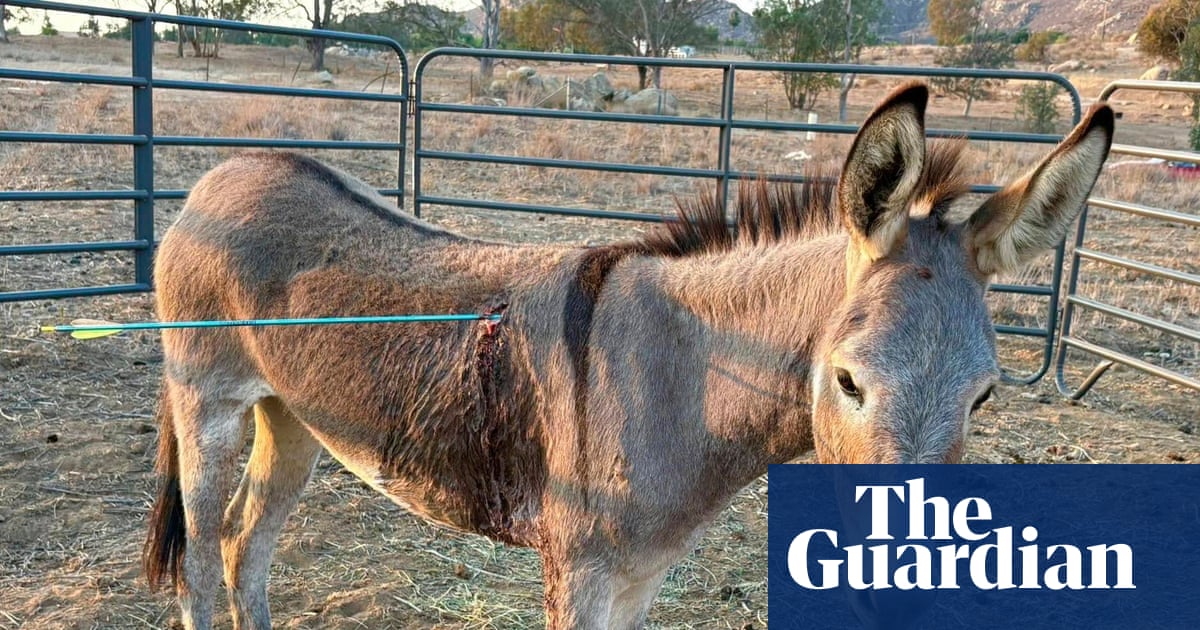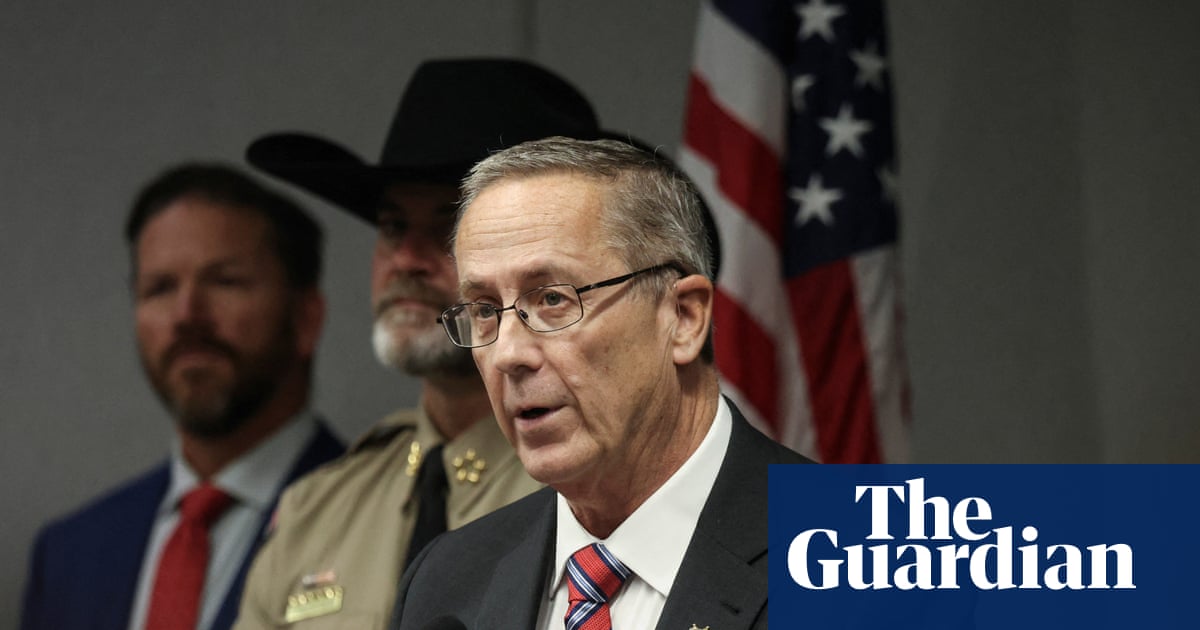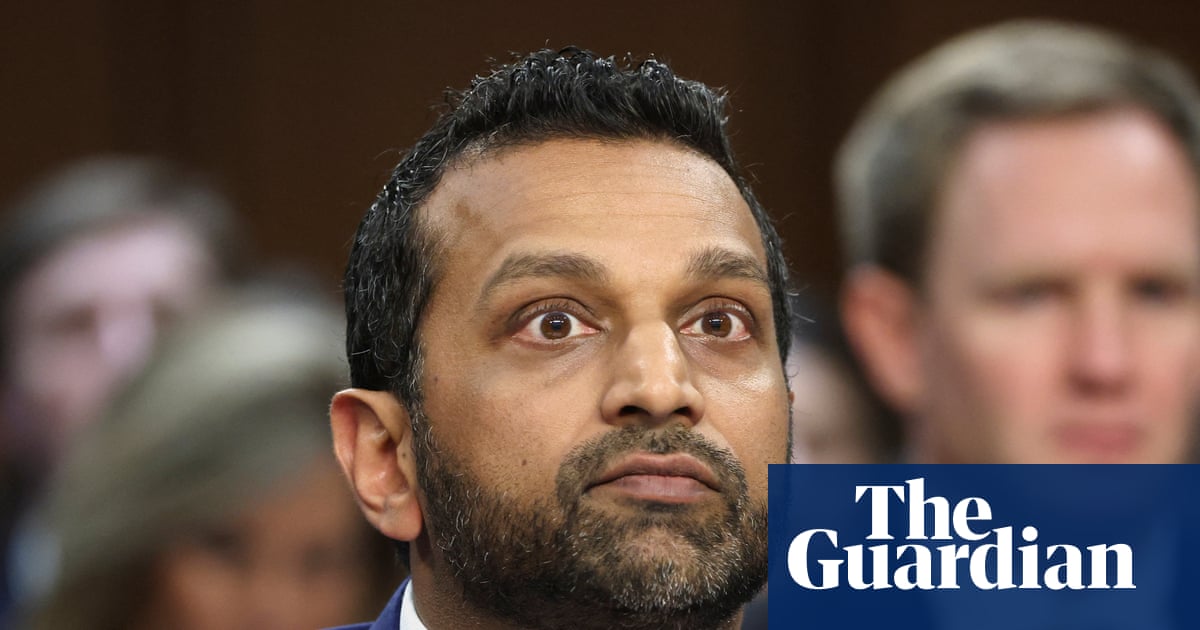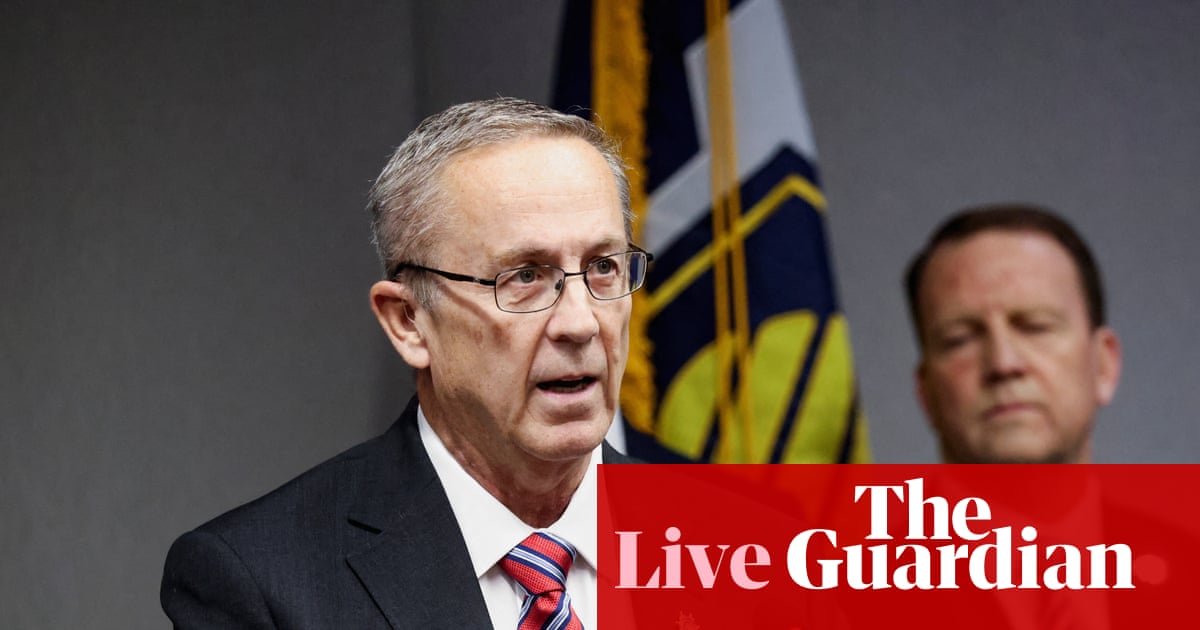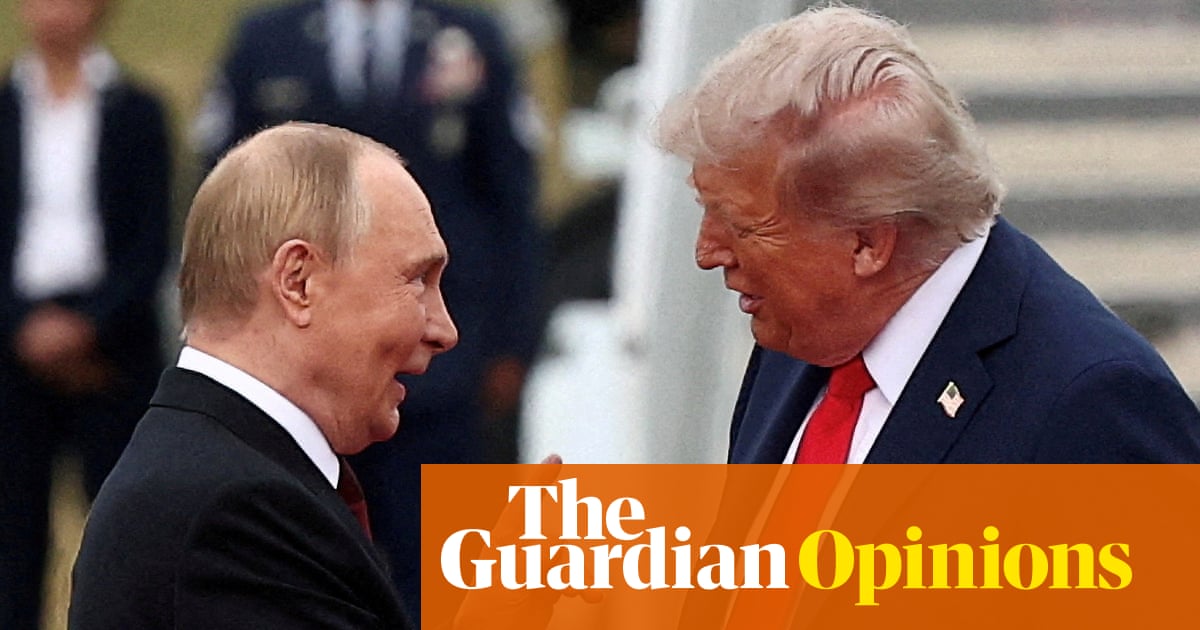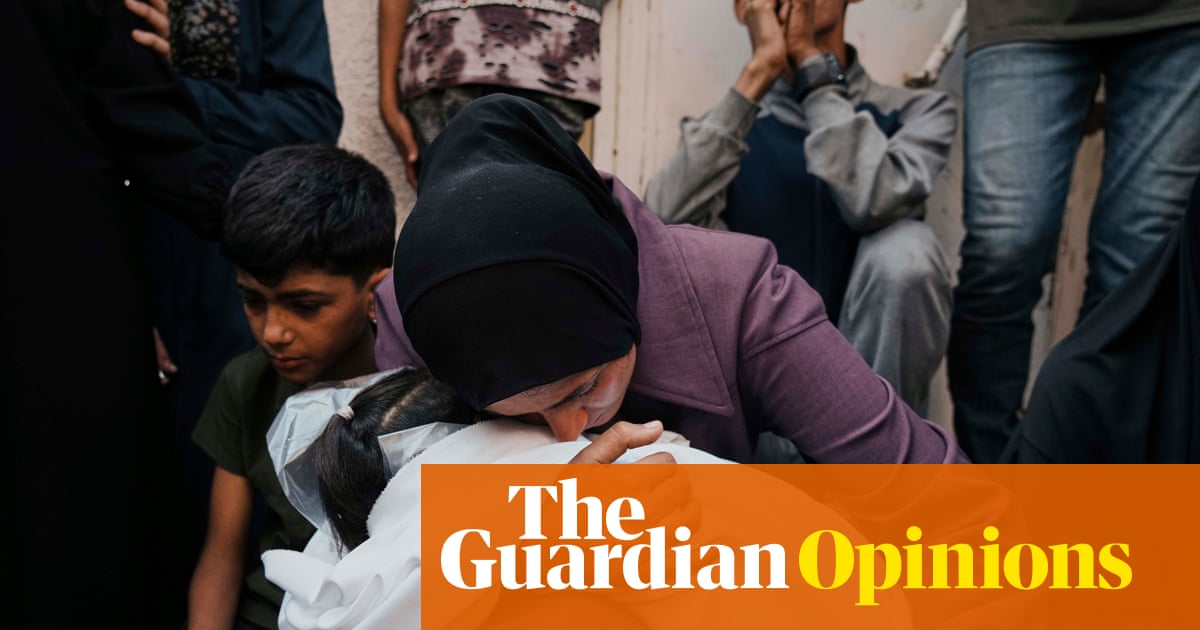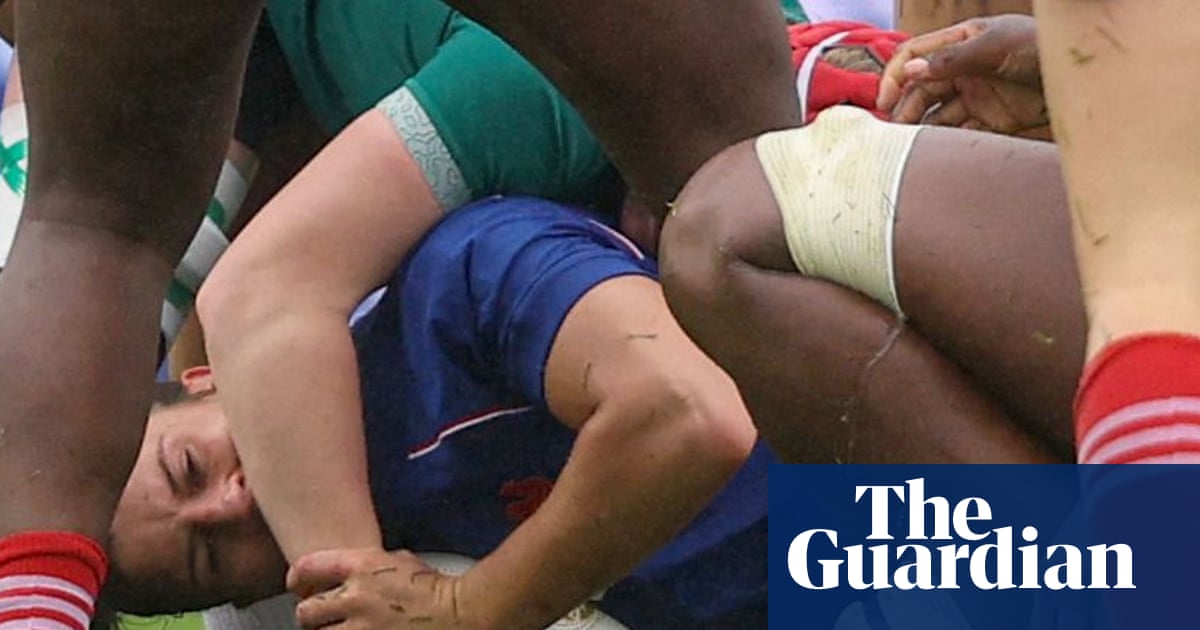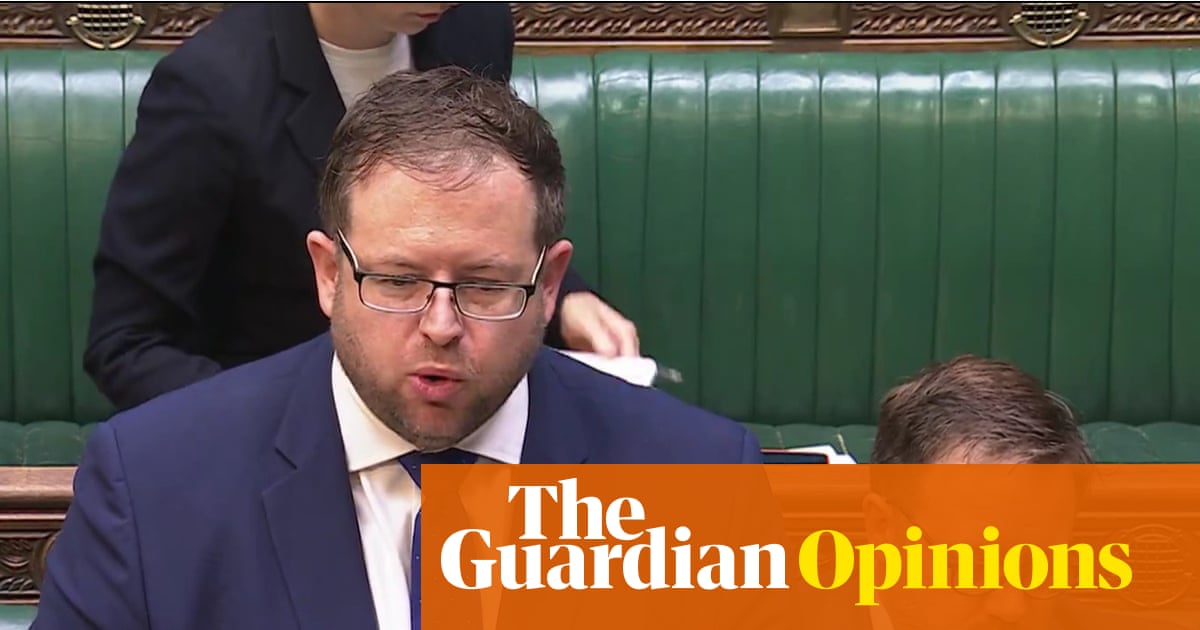For weeks, Subash Devatwal’s phone has not stopped ringing. Some of the calls have been from distressed students, at other times it is their panicked parents, but all have the same question – is their dream of studying in the US still possible?
Devatwal runs an education consultancy in Ahmedabad, the main city in the Indian state of Gujarat. It is one of thousands of such organisations that exist across the country, helping Indian students achieve what many consider to be the ultimate symbol of success: getting into an American university.
It has long been a booming business for Devatwal. Families in India will often invest their entire life savings to send their children to study in the US and last year there were more than 330,000 Indians enrolled at American universities, more than any other foreign nationality, overtaking Chinese students in numbers for the first time in years.
But this year the situation looks drastically different. As Donald Trump’s administration has taken aim at international students – first implementing draconian screening measures over political views and then last week ordering all US embassies globally to indefinitely pause all student visa interviews – many Indian students and their families have been left in limbo.
Trump’s unilateral decision to block Harvard University from admitting international students, which was later blocked by the courts, also caused widespread panic and stoked fears that foreign students at other universities could get caught in the president’s crosshairs.
“The students are in shock. Most of them spend several years preparing to study in the US,” said Devatwal. He said many of his clients were now hesitant to pursue a US degree, given the high levels of turmoil and uncertainty following the Trump administration’s new policies. Indian students can expect to pay between $40,000 to $80,000 (£29,500 to £59,000) a year on tuition alone to study in the US.
In previous years, Devatwal’s organisation sent more than 100 students to American universities but this year he said the number had dropped to about 10. Instead, families were shifting their focus to the UK and other European countries. A recent analysis by the Hindu newspaper estimated a 28% drop in Indian students going to the US in 2025.
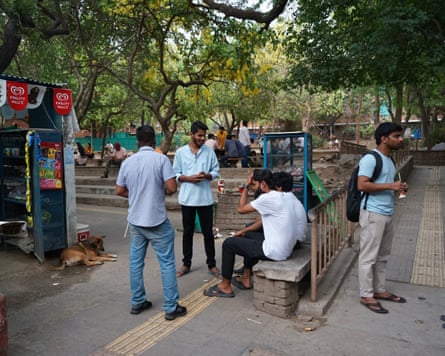
“Families contribute their savings, take out loans from banks and borrow from relatives, all in the hope that the student will secure a good job abroad, repay the debt, and build a promising future,” said Devatwal. “In such uncertain circumstances, parents are understandably reluctant to let their children take such a risky path.”
Brijesh Patel, 50, a textile trader in Surat, Gujarat, said he had been saving money for over a decade to make sure his son could go to a US university, including selling his wife’s jewellery and borrowing money from relatives.
“Everyone in the family wanted our son to go to the US for his studies and make something good of his life,” said Patel. His 21-year-old son, who he asked not to be named for fear of retribution by the US authorities, had secured a place at two American universities for his master’s degree and Patel had already paid 700,000 rupees (£68,000) to consultancies who helped with the applications.
But amid the turmoil under Trump, Patel said his son was being advised not to even apply for his student visa, due to the uncertainty and high probability of rejection. “We simply can’t take that risk. If our son goes now and something goes wrong, we won’t be able to save that kind of money again,” he said.
However, Patel said he was not willing to give up on the family dream just yet. “I am an optimist, and my son is willing to wait a year,” he said. “We’re hoping that things improve by then. It’s not just my son who will be living the American dream, it’s all of us: my wife, our relatives and our neighbours. I’ve struggled my whole life – I don’t want my son to face the same struggles here in India.”
The fear among prospective and current students was palpable. Several Indian students studying in the US declined to speak to the Guardian, fearing it could jeopardise their visas.
In India, a student selected in December to be one of this year’s Fulbright-Nehru doctoral fellows – a highly competitive scholarship that pays for the brightest students to study abroad at US universities as part of their PhD thesis – said the applications of their entire cohort had recently been demoted back to “semi-finalists”.
The student, who asked to remain anonymous over fears it would affect their application, said they had invitation letters from top Ivy League universities for the fellowship, which is considered one of the most prestigious scholarships in the US, but now everything was up in the air. “We are supposed to start in October and our orientation was scheduled for May, all the flights and hotels were even booked, but then it all got cancelled. Now we’ve been informed all our applications are under review by the Trump administration,” said the student.
They said it had caused “huge panic and anxiety” among those accepted. “I know a lot of people are going back through their social media, deleting things and doing a lot of self-censoring.”
Piyush Bhartiya, a co-founder of the educational technology company AdmitKard, said many parents who had been set on sending their children to the US were rethinking their plans. He cited one example of a student who had been admitted to New York University for the coming year but was instead planning to go to the London School of Economics after the US visa interviews were paused.
Bhartiya said Indian students primarily went to the US to study Stem subjects – science, technology, engineering and maths – and so the focus had shifted to other countries strong in these areas.
“Germany is the main country where students are shifting to for Stem subjects,” he said. “Other countries like Ireland, France, the Netherlands, which are also gaining substantial interest in the students. At the undergraduate level, the Middle East has also seen a lot of gain in interest given parents feel that it is close by and safer and given the current political environment they may want their kids closer to the home.”
Among the Indian students forced to abandon their plans is Nihar Gokhale, 36. He had a fully funded offer for a PhD at a private university in Massachusetts, but recently received a letter saying the funding was being withdrawn, as the university faced issues under the Trump administration.
“It was quite shocking. I spoke to people at the university, and they admitted it was an exceptional situation for them too,” said Gokhale.
Without the funding, the US was financially “out of the question” and he said he had an offer from the UK he now intended to take up.
“For at least the next three or four years, I’m not considering the US at all,” he said.

.png) 3 months ago
37
3 months ago
37
